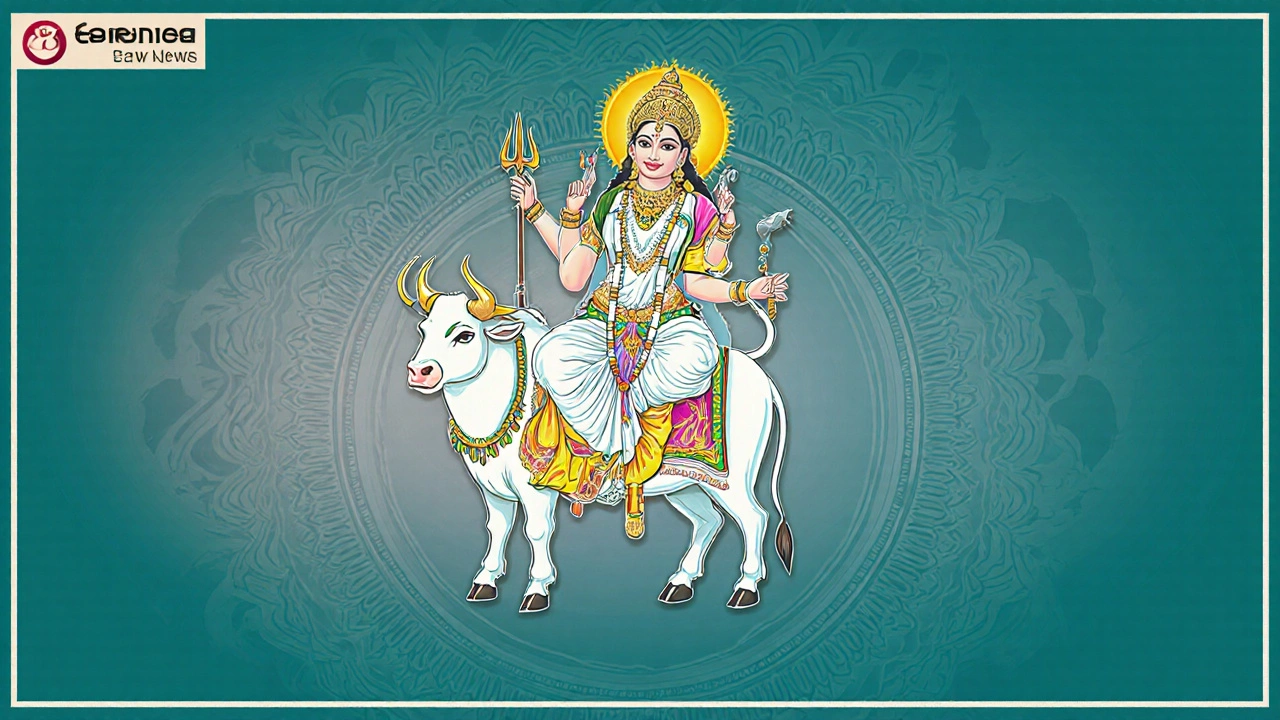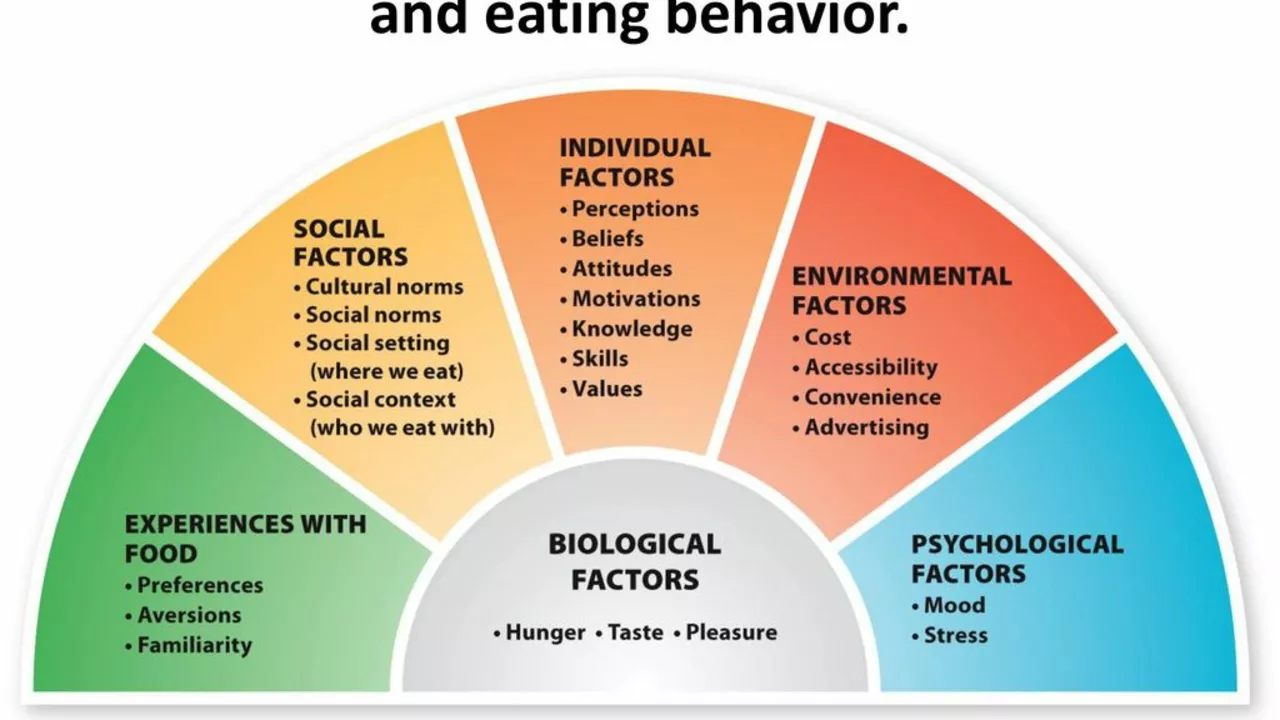Why Indian Families See Alcohol as a Problem
Ever wondered why a glass of whisky can spark a family debate in India? It’s not just about the drink itself – it ties into deep‑rooted religion, culture, and everyday life. Let’s break down what makes alcohol a taboo topic for many Indian households.
Religion Sets the Rules
Most major Indian religions have clear stances on intoxicants. Hindu scriptures often warn against losing self‑control, while Islamic teachings outright forbid alcohol. When a faith tells you that drinking can cloud judgment, families tend to follow that rule at home. This religious backdrop creates an early, strong bias against alcohol, especially in more traditional homes.
Cultural Norms Push Discipline
In Indian culture, self‑discipline and family reputation matter a lot. Excessive drinking is seen as a lack of restraint, something that could bring shame to the entire family. Because social status is linked to how well you uphold family values, many parents steer clear of alcohol to keep the family’s image intact.
Health Fears Are Real
Beyond belief systems, there’s genuine worry about health. Studies from Indian medical institutions link heavy drinking to liver disease, heart problems, and mental health issues. When parents hear about these risks, they choose to protect their kids by discouraging alcohol from a young age.
Impact on Home Life
Alcohol misuse can rip through a household. Cases of domestic fights, financial strain, and neglect are often cited in community stories. Seeing a neighbor struggle with these problems reinforces the idea that alcohol brings more trouble than fun.
All these factors—religion, cultural expectations, health concerns, and real‑world consequences—mix together to shape the strong negative view of alcohol in Indian families. Understanding this mix helps you see why the conversation around drinking is so charged in many Indian homes.
If you’re navigating family gatherings or working with Indian clients, remember that these beliefs aren’t just personal preferences; they’re woven into the social fabric. Respecting that context can go a long way toward building trust and smoother interactions.
Navratri Day 4: Worshiping Goddess Kushmanda – Puja Guide, Mantras & Meaning
The fourth day of Navratri 2025 honors Goddess Kushmanda, the cosmic creator linked to the Sun and the heart chakra. Learn the mythology, symbolism, detailed puja steps, essential mantras and the benefits devotees seek, from mental peace to prosperity. Get a complete guide to celebrate this powerful manifestation.
Why consuming alcohol is considered bad in Indian families?
In Indian families, alcohol consumption is often viewed negatively due to a mix of religious beliefs, cultural norms, and health concerns. Many Indian religions, like Hinduism and Islam, discourage or outright prohibit alcohol due to its intoxicating effects. Culturally, excessive drinking is seen as a sign of a lack of self-control and discipline. There's also a strong awareness about the health risks linked to alcohol abuse such as liver disease and mental health issues. Lastly, the impact of alcoholism on family life and society, including domestic violence and financial instability, is another serious concern.

